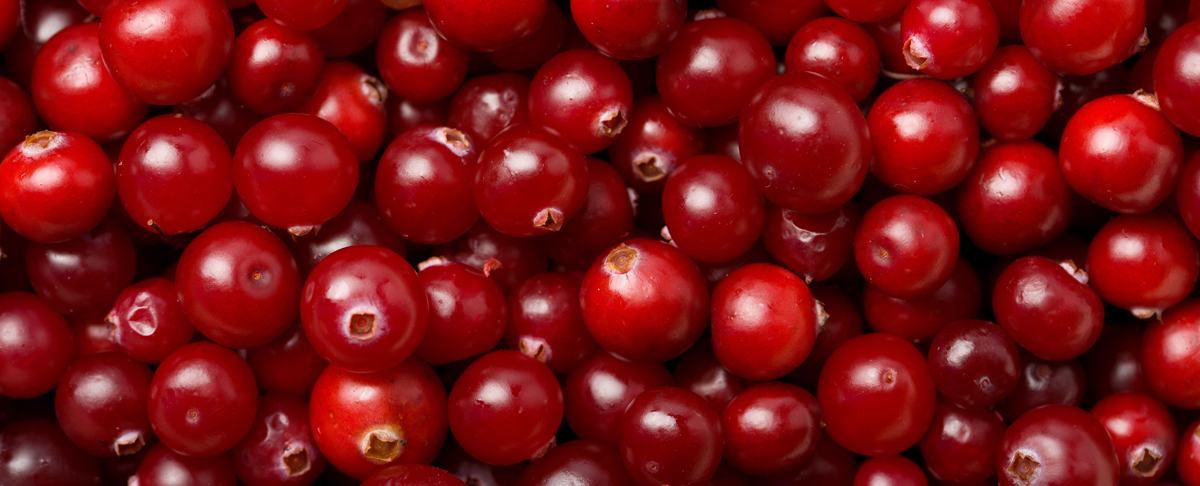Historically, studies on the benefits of cranberry products for reducing the risk of urinary tract infections (UTI) recurrence have shown mixed results. Cranberry’s use has stayed fairly strong in the minds of consumers, our patients, and natural medicine practitioners, despite the lack of consistency in the scientific evidence.
A new Cochrane Review has now reviewed 50 previous trials. Database search methods included the Cochrane Kidney and Transplant Specialised Register up to March 13, 2023, through contact with the Information Specialist using search terms relevant to this review. Studies in the Register are identified through searches of CENTRAL, MEDLINE, and EMBASE, conference proceedings, the International Clinical Trials Register Search Portal (ICTRP), and ClinicalTrials.gov. This is the fifth such Cochrane Review, with the previous ones being done in 1998, 2003, 2004, 2008, and 2012
All randomized controlled trials (RCTs) or quasi-RCTs of cranberry products compared with placebo, and no specific intervention with antibiotics or probiotics for the prevention of urinary tract infection (UTIs), were included. Cranberry products were juice or in the form of a capsule/tablet.
For this update, 26 new studies were added, bringing the total number of included studies to 50 (8,857 randomized participants).
Forty‐five studies compared cranberry products with placebo or no specific treatment in six different groups of participants. Of these 45 studies, 26 could be meta‐analyzed for the outcome of symptomatic, culture‐verified UTIs. In moderate certainty evidence, cranberry products reduced the risk of UTIs (6211 participants). When studies were divided into groups according to the treatment indication, cranberry products probably reduced the risk of symptomatic, culture-verified UTIs in women with recurrent UTIs (8 studies, 1555 participants), in children (5 studies, 504 participants), and in people with a susceptibility to UTIs due to an intervention (6 studies, 1434 participants).
However, in low certainty evidence, there may be little or no benefit of cranberry in elderly institutionalized men and women (3 studies, 1489 participants), pregnant women (3 studies, 765 participants), or adults with neuromuscular bladder dysfunction who have incomplete bladder emptying (3 studies, 464 participants).
Other comparisons were cranberry products with probiotics (three studies) or antibiotics (six studies), cranberry tablets with cranberry liquid (one study), and different doses of proanthocyanidins (PACs) (two studies).
Compared to antibiotics, cranberry products may make little or no difference to the risk of symptomatic, culture‐verified UTIs (2 studies, 385 participants) or the risk of clinical symptoms without culture (2 studies, 336 participants). Compared to probiotics, cranberry products may reduce the risk of symptomatic, culture‐verified UTIs (3 studies, 215 participants). There was no clarity as to whether the efficacy differed between cranberry juice and tablets or between different doses of PACs. The certainty of any evidence was low.
Commentary: Cranberries contain PACs, which inhibit the adherence of p‐fimbriated Escherichia coli to the urothelial cells lining the bladder. Cranberry products have been used widely for several decades to prevent urinary tract infections (UTIs).
Data support the use of cranberry products to reduce the risk of symptomatic, culture‐verified UTIs in women with recurrent UTIs, in children, and in people susceptible to UTIs following a urinary tract intervention. The evidence currently available does not support its use in the elderly, patients with bladder emptying problems, or pregnant women.
The risk of developing a UTI was reduced by more than a quarter in women with recurrent cases of infection, by over half in children, and by a little over half for people likely to get UTI after the medical procedures.
I say, “Cheers” to cranberry.
Reference:
Williams G, Harn, D, Stephens J, et al. Cranberries for preventing urinary tract infections. Cochrane Library. published: 17 April 2023


